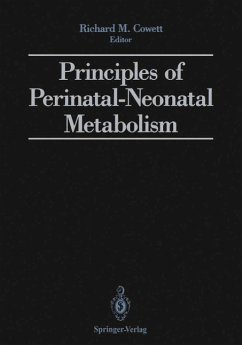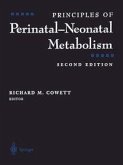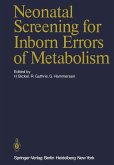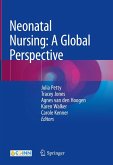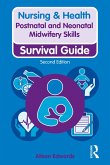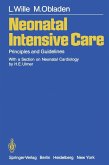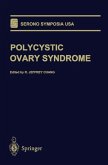Over the last quarter century or so, specialization within obstetrics and gynecology, and pediatrics has resulted in the development of the disciplines of maternal-fetal medicine and neonatology, respectively. A primary focus of maternal-fetal medicine has been to understand the mechanism(s) of premature delivery and develop treatment modalities for improving the length of gestation. A primary focus of neonatology has been to under stand the causes of respiratory distress in the neonate. Success has resulted, not only in the lengthening of gestation, but an improved understanding of the causes and treatment of neonatal respiratory disease. With increasing success has come the necessity to under stand the metabolic principles of the parturient, the fetal/placenta unit, and the neonate. These principles are clearly very important from multiple aspects. Increased understand ing of metabolism of the pregnant woman would explain the aberrations occurring in normal and abnormal pregnancy and improve nutritional support for the parturient. A prime example of altered metabolism is the parturient with diabetes. Understanding metabolism ofthe fetal/placenta unit is necessary to increase the probability that the fetus will be born appropriate for size irrespective of the gestational age. The various compo nents of neonatal metabolism are important, not only for understanding the changes in physiology and biochemistry occurring in the developing neonate, but the principles by which nutritional support should be provided.
Dieser Download kann aus rechtlichen Gründen nur mit Rechnungsadresse in A, B, BG, CY, CZ, D, DK, EW, E, FIN, F, GR, HR, H, IRL, I, LT, L, LR, M, NL, PL, P, R, S, SLO, SK ausgeliefert werden.

